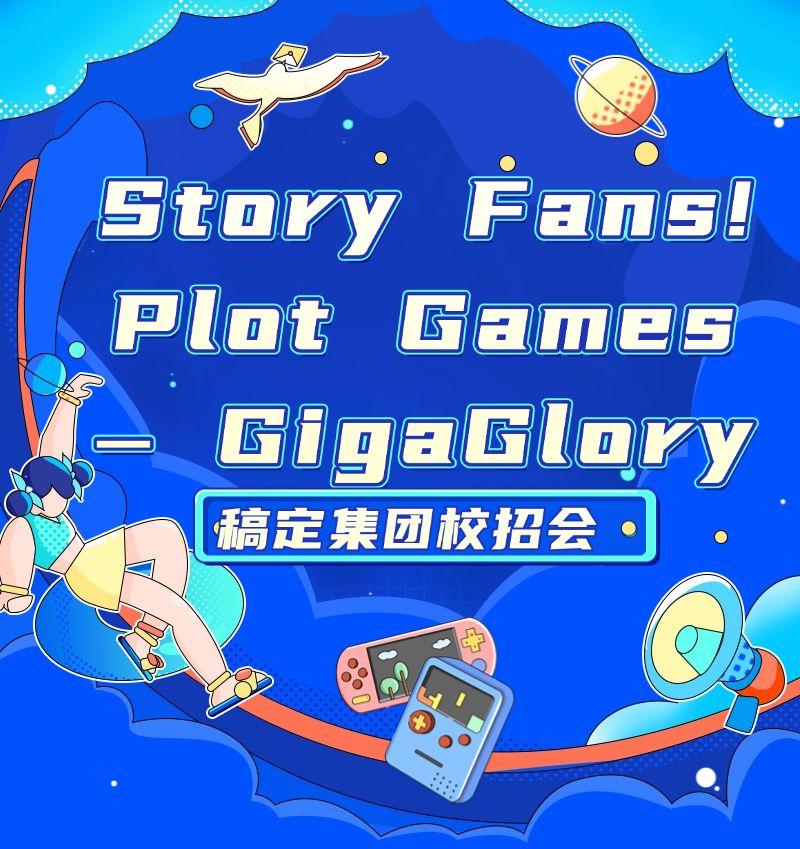How MMORPGs Are Transforming the Landscape of Incremental Games
In recent years, the rise of MMORPGs (Massively Multiplayer Online Role-Playing Games) has significantly influenced various gaming genres, particularly incremental games. This compelling intersection raises intriguing questions about the evolution of gaming and player interaction. To understand the ways MMORPGs are shaping the future of incremental games, we’ll explore trends, innovations, and how beloved titles like Clash of Clans and Lego Star Wars: The Last Jedi on Wii U are part of this exciting narrative.
The Evolution of MMORPGs
MMORPGs have come a long way since their inception. Initially defined by basic graphics and simple mechanics, they now present complex worlds created by vast communities of players. The immersive narrative and social interactions have transformed how players engage with games, which directly influences the incremental gaming genre.
Defining Incremental Games
Incremental games, also known as idle games, require less active participation, appealing to players looking for low-pressure experiences. Players gradually unlock features and progress through simple actions—such as clicking or gathering resources. This genre often includes elements from other game types, creating a blend of play styles that maintains player interest.
Trends in Incremental Games Influenced by MMORPGs
By merging features from MMORPGs, the incremental game genre has seen several interesting trends:
- Community Engagement: With players coming together in MMORPGs, incremental games are adopting community-driven elements, allowing users to collaborate on goals.
- Complex Progression Systems: Drawing from the complex growth systems in MMORPGs, developers are creating multifaceted progression mechanics in incremental games.
- Enhanced Customization: Players want their unique touch on games. Customization options have been influenced by MMORPGs, offering deeper player personalization.
The Appeal of Multiplayer Mechanics in Incremental Games
Adding a social element often seen in MMORPGs could drastically enhance player retention in incremental games. Players enjoy engaging with each other, sharing strategies, and collaborating on challenges.
Innovations in Gameplay
The integration of MMORPG features into incremental games has introduced new gameplay innovations:
| Innovation | Description |
|---|---|
| Guild Systems | Players can create or join groups, encourage collaboration, and achieve goals together. |
| Real-Time Events | Incorporating limited-time events that inspire urgency and competition. |
| Battle Mechanics | Introducing combat dynamics where players can influence the outcome through strategy. |
Case Study: Clash of Clans
Take Clash of Clans, for example. It exemplifies how incremental mechanics blend with MMORPG components. Players build bases, engage in wars, and join clans—all while progressing through an incremental system of upgrading and resource management. The ongoing wars within player clans foster a sense of community and competition, reinforcing the MMORPG influence.
The Role of Player Choice
A strong aspect of MMORPGs is the power given to players to shape their journey. This is mirrored in incremental games where decision-making impacts development. Player agencies, such as choosing how to allocate resources or which upgrades to pursue, drive engagement.
Feedback Loops and Player Retention
One vital aspect of MMORPG design is its feedback loops—systems that encourage players to return frequently. Incorporating similar elements into incremental games increases player retention, creating compelling experiences that draw them back over consuming time.
Lego Star Wars: The Last Jedi and Incremental Features
The critically acclaimed Lego Star Wars: The Last Jedi on Wii U also showcases incremental characteristics with its emphasis on resource gathering, character upgrades, and story immersion that appeals to casual gamers. The simultaneous co-op gameplay option fosters a community spirit, much like MMORPGs.
Economy and Resource Management
Structuring an in-game economy is essential in both MMORPGs and incremental games. Players must earn, spend, and manage resources, creating an immersive experience that simulates real-world economic principles. Integrating these complex economic systems into incremental games will be key to their future development.
Cross-Platform Play: The Future of Incremental Games
As technology advances, cross-platform play is becoming increasingly significant. MMORPGs have long embraced this feature, allowing players to connect and engage regardless of their devices. If incremental games follow this example, it could greatly enhance their accessibility and player base.
Challenges and Opportunities for Incremental Game Developers
As developers take cues from MMORPGs, they face both challenges and opportunities. They must balance complexity with simplicity, ensuring that their games remain accessible while also pushing the boundaries of deeper mechanics.
Conclusion
The interplay between MMORPGs and incremental games is changing the gaming landscape. By embracing community features, innovation, and player choice, incremental games are evolving with the times. The merging of these genres presents exciting possibilities for future developments, allowing all gamers to harness both the collaborative spirit of MMORPGs and the engaging mechanics of incremental gameplay. While challenges exist, the opportunities ahead are promising, making incremental games an exciting arena to watch in the gaming world.
In the end, whether you prefer Clash of Clans strategy or the adventures in Lego Star Wars: The Last Jedi, it’s clear that the future is bright for incremental games, all thanks to the fundamental influences of MMORPGs.



